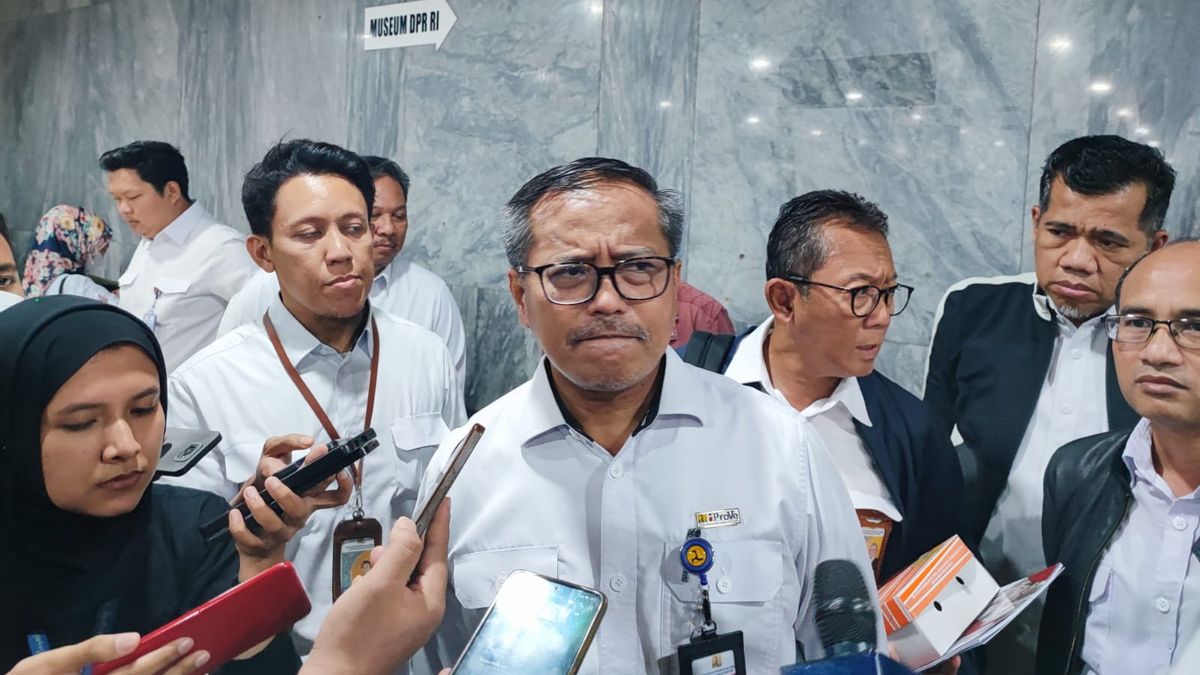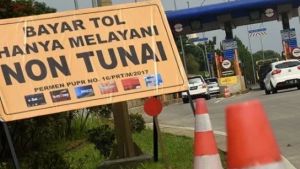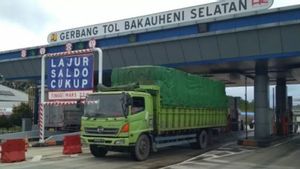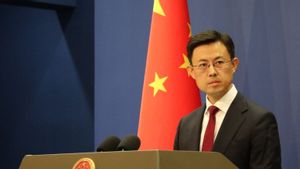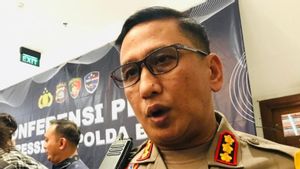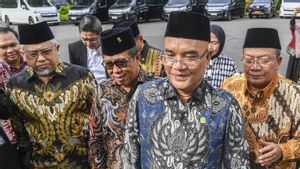JAKARTA - The Ministry of Public Works and Public Housing (PUPR) stated that the revision of Government Regulation (RPP) regarding toll roads has entered the State Secretariat (Setneg). The RPP is the basis for the government to take a firmer stance on people who interfere with toll road access.
"The position (RPP) is already in the State Secretariat," said Secretary General of the Ministry of PUPR Mohammad Zainal Fatah at the DPR RI Building, Jakarta, Thursday, January 18.
Zainal Fatah said that the toll road RPP functions to strengthen the Minimum Service Standards (SPM) on toll roads. The regulation will later regulate the imposition of fines on Toll Road Business Entities (BUJT) if they do not manage toll roads properly.
Not only that, the toll road RPP will also regulate the determination of fines for people who interfere with toll road access and the provisions for toll payment system transactions without stopping or Multi Lane Free Flow (MLFF).
"So, later there will be fines related to SPM, there will also be fines for people who interfere with toll access and are also regulated. So, it is adjusted to the law. Including the MLFF transaction system," he said.
SEE ALSO:
Even so, Zainal Fatah has not been able to reveal when the RPP will be completed. What is clear, he continued, is that harmonization or alignment of the cross-ministerial regulations will certainly occur in line with the process of RPP of toll roads in the State Secretariat.
"So we have discussed it together and we have found the draft. Later, the Ministry of Law and Human Rights will be harmonized, it will be checked whether there are laws or other regulations that are contrary or not, if there are improvements," he said.
According to Zainal, if the RPP has not been completed, the MLFF transaction system cannot be implemented. "If there is no RPP, it means that the MLFF operation cannot be implemented, but it will be seen later," he added.
The English, Chinese, Japanese, Arabic, and French versions are automatically generated by the AI. So there may still be inaccuracies in translating, please always see Indonesian as our main language. (system supported by DigitalSiber.id)
